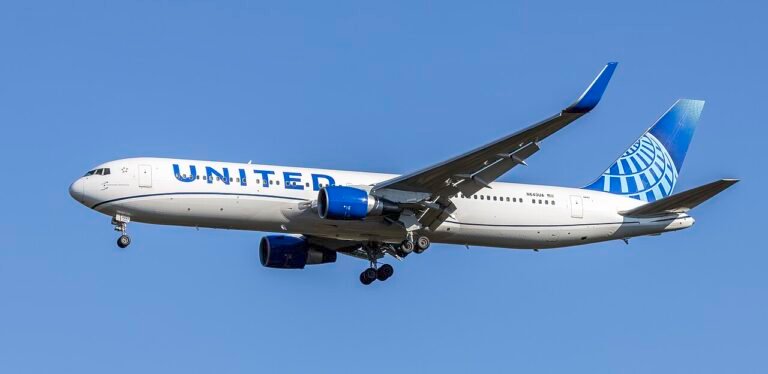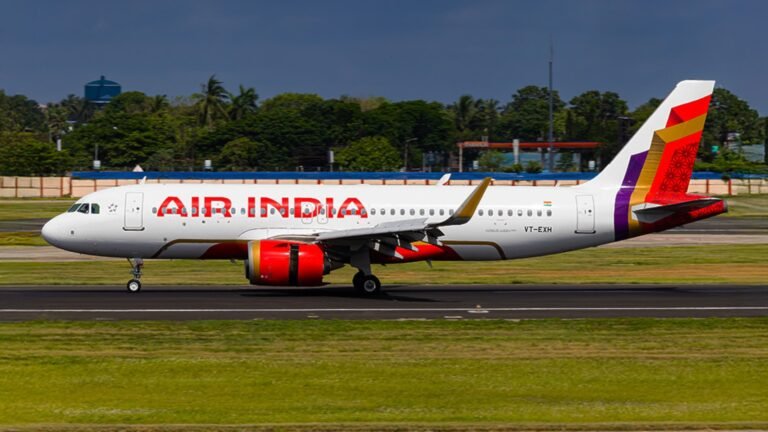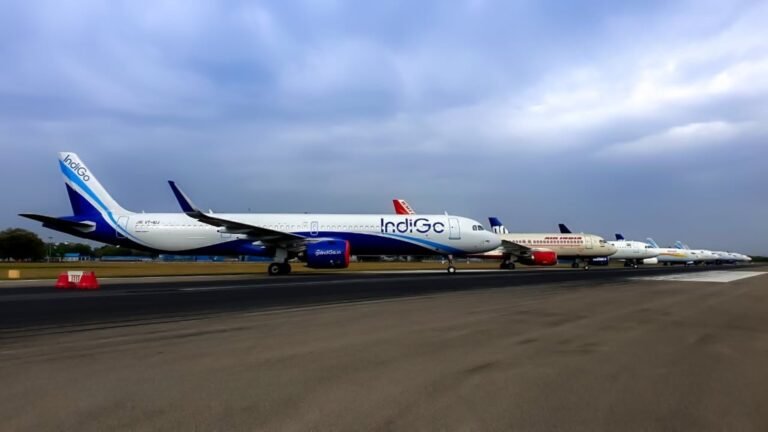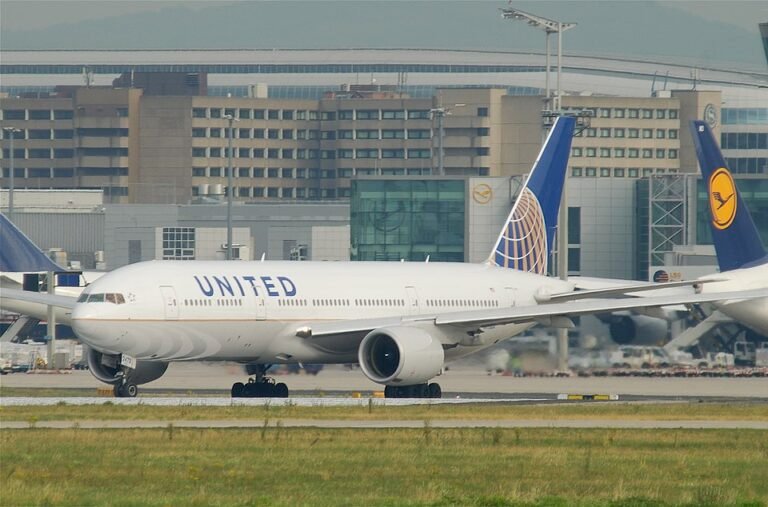Picture credits: Air India
New Delhi, INDIA: On April 1, 2025, the Rajya Sabha passed The Protection of Interests in Aircraft Objects Bill, 2025, giving legal backing to the Cape Town Convention and Protocol, which India joined in 2008. This move aims to streamline aircraft leasing, a crucial part of India’s fast-growing aviation sector.
With over 86% of India’s 850 commercial planes on lease, the Bill is expected to lower leasing costs by 8-10%, potentially leading to cheaper airfares. Civil Aviation Minister K. Ram Mohan Naidu emphasized that the legislation will improve investor confidence and help India develop its own aircraft leasing hub in GIFT City, Gujarat.
Stronger Legal Protection for Lessors
One of the biggest advantages of this Bill is the legal protection it offers to aircraft lessors. In the past, repossessing planes in case of airline defaults was a complicated and unclear process. Under the new law, lessors can reclaim their aircraft within two months, as long as they notify the Directorate General of Civil Aviation (DGCA), which has been designated as the official authority for aircraft registration and de-registration.
Ensuring Clarity in Aircraft Leasing Law
The Bill ensures that its provisions override any conflicting Indian laws while still allowing authorities to detain planes over unpaid service dues. High Courts will handle any legal disputes that arise under this law, providing a structured and transparent resolution process.
India’s Booming Aviation Market
India’s aviation sector has seen rapid expansion over the last decade. Domestic air travel has surged from 60.7 million passengers in 2014 to 161.3 million, while international travel has grown from 43 million to 66 million. The country’s aircraft fleet has more than doubled from 359 to 840 planes, and with further expansion expected, this new law provides much-needed legal stability for the industry.
Positioning India as a Global Aviation Finance Hub
Aviation experts have welcomed the Bill as a transformative move for India’s aviation finance sector. Legal expert Nitin Sarin called it “the biggest step taken by the Indian government to support both international and domestic aircraft lessors.”
With India’s aviation market projected to nearly double from $13.88 billion in 2024 to $26.8 billion by 2030, this legislation is expected to attract global leasing firms and strengthen India’s position in the global aviation industry.
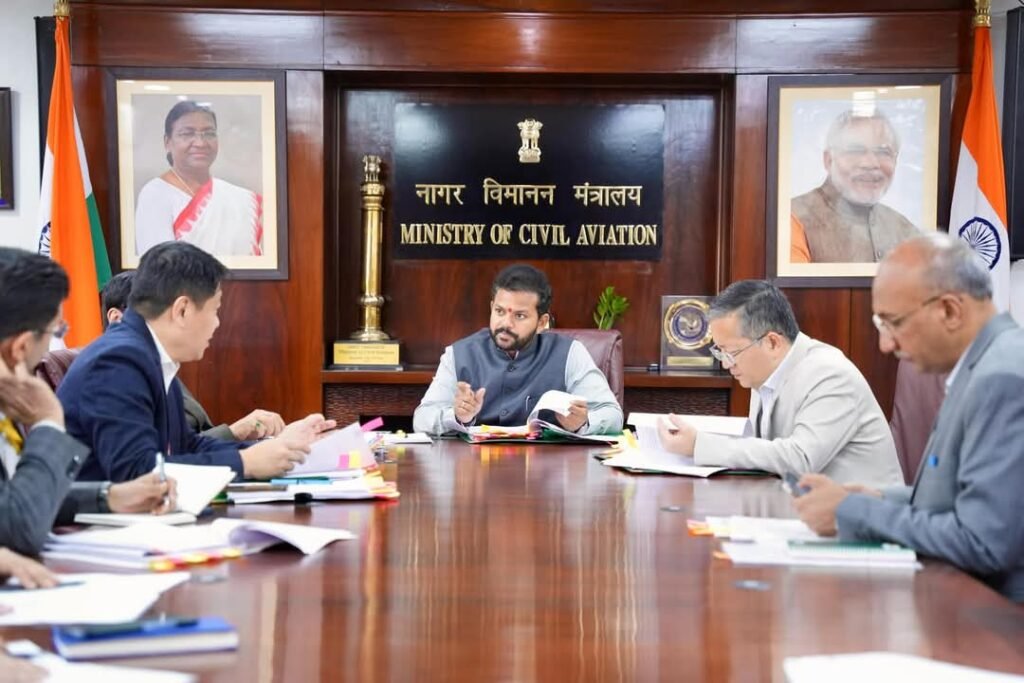
Picture credits: @RamMNK (X)
Key Takeaways from the Bill
- Clearer Rules for Leasing – Aligns India’s laws with global aviation standards under the Cape Town Convention.
- Lower Aircraft Leasing Costs – Expected to reduce leasing costs by 8-10%, helping airlines save money.
- Potentially Cheaper Airfares – Lower costs for airlines could translate into more affordable tickets for passengers.
- Stronger Investor Confidence – Makes India a more attractive destination for global aviation financing.
- DGCA’s Role Expanded – Becomes the key authority for aircraft registration and de-registration.
- Faster Aircraft Repossession – Lessors can reclaim planes within two months in case of defaults.
- Legal Oversight by High Courts – Ensures a structured and clear legal framework for aviation leasing.
- Growing Fleet & Market – India’s fleet has grown from 359 to 840 aircraft, with further expansion expected.
- Boost to GIFT City – Strengthens India’s push to develop an aircraft leasing hub in Gujarat.
- Aviation Market Growth – India’s aviation industry is set to grow from $13.88 billion to $26.8 billion by 2030.
This Bill marks a major milestone in India’s aviation sector, laying the foundation for a stable, cost-effective, and globally competitive aircraft leasing ecosystem.
Stay updated on Aviation Today for more aviation-related updates!



